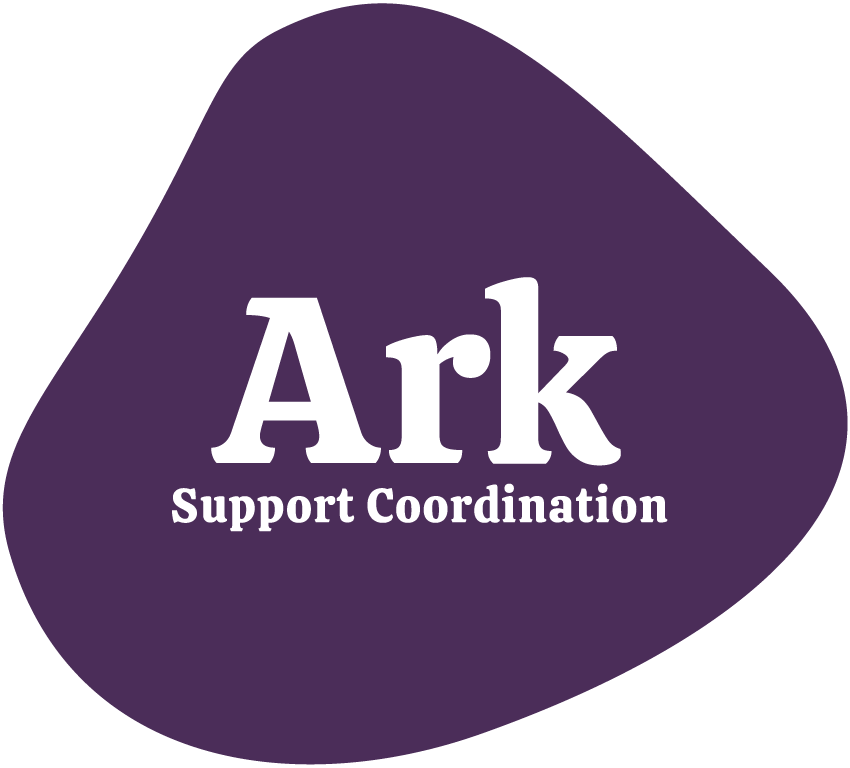Bipolar Affective Disorder and NDIS - How to Get Support in Australia
Living with Bipolar Affective Disorder can bring unique challenges, especially when it comes to maintaining stability in daily life, work, and relationships.
In Australia, the National Disability Insurance Scheme (NDIS) provides funding support for people whose mental health condition significantly impacts their everyday functioning. We’ve put together a breakdown of how the NDIS may be able to provide support for people living with Bipolar Disorder, along with additional resources for accessing help in Australia.
Does the NDIS cover bipolar disorder?
The first step to getting support through the NDIS is understanding the eligibility requirements.
NDIS does not provide support based solely on a diagnosis. Instead, eligibility is determined by how much a mental health condition affects your ability to manage daily life.
If your bipolar disorder causes difficulties with your daily life, such as with maintaining employment or independent living, you may be considered to have a psychosocial disability. People with psychosocial disabilities are eligible to apply for the NDIS and may receive support funding if their needs meet the access requirements.
It’s helpful to share your diagnosis with the NDIA (National Disability Insurance Agency) when applying, but the main focus will be on how bipolar affects your day-to-day life.
You can learn more about how the NDIS funding for psychosocial disabilities work, on the NDIS website.
Challenges of Living with Bipolar Disorder
Bipolar disorder can affect many parts of life, and for some people, these challenges make daily living more difficult without tailored support. Common challenges include:
Managing mood swings: Shifts between depressive and manic or hypomanic periods.
Daily functioning: Reduced motivation and energy, or impulsive behaviours that impact your daily routines.
Employment and study: Difficulties with concentration, energy, and stress management.
Relationships and social life: Difficulties from mood changes or withdrawal, leading to isolation.
Health and safety risks: Risk-taking behaviours during mania or increased risk of self-harm during depression.
Navigating services: Barriers to understanding and accessing mental health support.
What help is available for bipolar disorder in Australia through the NDIS?
If you are approved for the NDIS, the funding support you receive will be tailored to your personal needs and goals. Some NDIS services that you may be able to access include:
Support coordination
Support coordinators help you understand your NDIS plan and connect with the right services. It can assist with finding providers, managing appointments, completing paperwork, and simplifying the NDIS process. For example, a support coordinator might help you set up regular therapy sessions, arrange community participation supports, or check that all your services are working together effectively.
Social and community participation
Through the NDIS, you may be able to access support for social and community participation. This includes encouragement and practical help to join activities and connect with others. This can be especially important during periods of low mood or withdrawal. Some examples include joining community programs, taking part in skill-building workshops, or receiving support to engage in volunteering or hobbies.
Assistance with daily living supports
Assistance with daily living support focuses on developing the skills you need to live more independently. This can help you stay on top of daily routines including self-care and household duties, cope with mood changes, and manage challenges in work, study, or personal life. Examples of daily living supports include implementing strategies for planning your day, improving self-care, maintaining healthy routines, time-management skills, or techniques to manage stress.
Therapy supports
Therapy supports funded by the NDIS can include services such as psychology, occupational therapy, or social work. The focus is on maintaining emotional wellbeing and building skills and developing strategies related to the functional impacts of your psychosocial disability. For example, a psychologist may work with you on developing coping skills and strategies to manage the impacts of your psychosocial disability, such as depression and anxiety, while an occupational therapist could focus on adjusting routines to give you more stability in your day-to-day.
Steps to Getting Bipolar Affective Disorder Support Through the NDIS
If you think you may be eligible for NDIS support, here are the steps to follow:
Consider your eligibility: Think about how bipolar disorder impacts your daily life and whether these challenges are likely to be ongoing.
Gather examples: Collect reports from your GP, psychiatrist, psychologist, or social worker that outline your diagnosis and how it affects your functioning. A psychosocial functional capacity assessment can be helpful for this.
Apply to the NDIS: Submit an access request form to the NDIA, including all supporting documentation.
Work with a planner: If approved, you’ll meet with an NDIS planner to discuss your needs and goals.
Choose your supports: Once your plan is approved, you can connect with services such as support coordination, therapeutic supports, or social work.
Review and adjust: Your plan is reviewed regularly to make sure it continues to meet your needs.
Helpful resources
Here are some resources to help you get started with the NDIS or to find additional support:
NDIS Psychosocial Disability page: NDIS – Psychosocial disability
NDIS Access information: NDIS – How to apply
Medicare Mental Health: medicarementalhealth.gov.au – Australian government-funded website linking to mental health services, resources and helping to connect you to professionals for support.
Beyond Blue: beyondblue.org.au – Support and resources for people experiencing depression, anxiety, or related conditions.
Ark Support Coordination: arksc.org – Practical support for people with psychosocial disability, including functional capacity assessments, social work, and support coordination.
Getting the Right Help
Navigating the NDIS can feel complex, but having the right support makes it easier. At Ark Support Coordination, we specialise in supporting people with psychosocial disabilities, including those living with bipolar disorder.
If you’re unsure where to start, we can guide you through the process. To find out more, get in contact with our team today or call 08 6373 7500.
